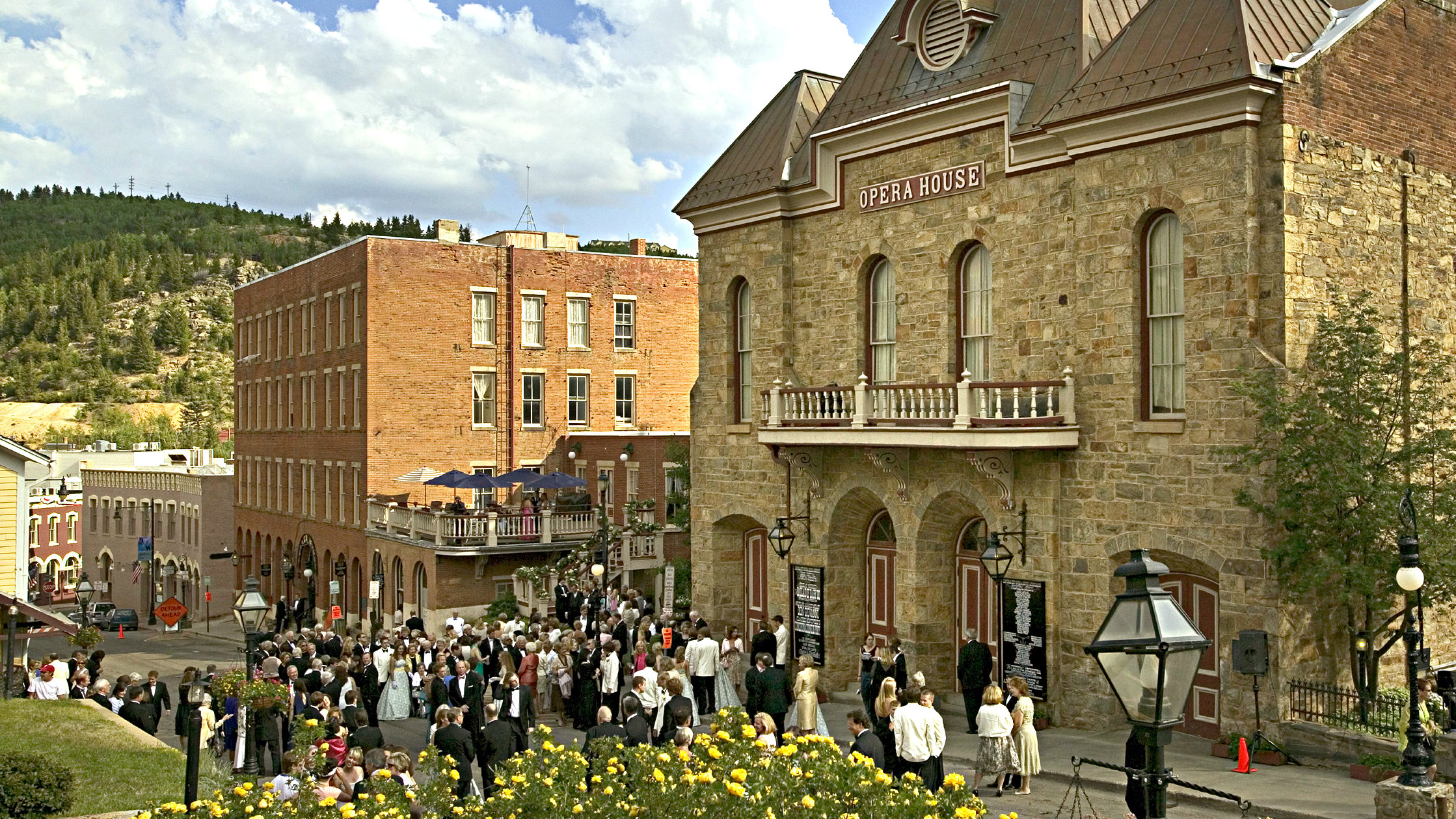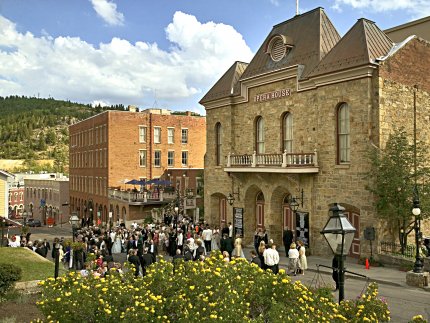

Pat Pearce does not mince words when looking at the future of Central City Opera.
Marc Shulgold is a freelance writer, teacher and lecturer. He was previously the longtime music and dance writer at the Rocky Mountain News.


Pat Pearce does not mince words when looking at the future of Central City Opera.
Marc Shulgold is a freelance writer, teacher and lecturer. He was previously the longtime music and dance writer at the Rocky Mountain News.
You want to know what is really going on these days, especially in Colorado. We can help you keep up. The Lookout is a free, daily email newsletter with news and happenings from all over Colorado. Sign up here and we will see you in the morning!
It takes a good day’s drive to cover Colorado, but we’ll help you do it in a few minutes. Our newsletters bring you a closer look at the stories that affect you and the music that inspires you.
Colorado Postcards are snapshots of our colorful state in sound. They give brief insights into our people and places, our flora and fauna, and our past and present, from every corner of Colorado. Listen now.